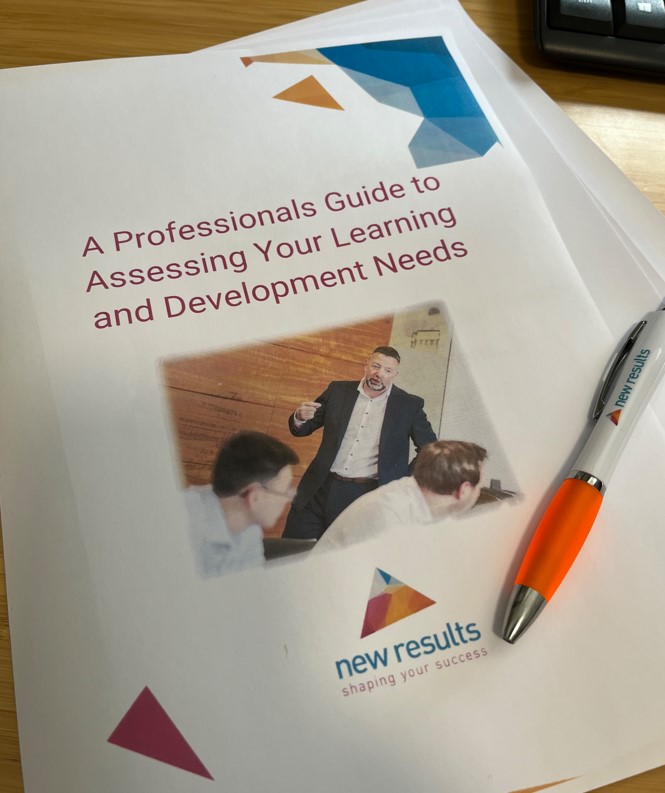I’m guessing you’ve either had this said to you at some point, or said it to someone else.
Seems pretty obvious advice, right? But how do you check that someone is keeping their eye on the ball without using expensive eye-tracking equipment?
This is where coaching comes in.
We’re often asked if coaches can only work with clients in areas where they have expertise. The answer is a resounding “no”. The thing with coaching is that the answers don’t come from the coach. The questions that cause the client to view their issue in a new way come from the coach; the answers come from the client.
There may be perceived advantages to being an expert in the client’s field, for example, being able to grasp a technical point. Thing is, when you ask a client to describe the issue in layman’s terms, it causes a shift in how they view their issue, which is good for getting to a solution. Plus, Einstein said, “If you can’t explain it to a six year old, you don’t understand it yourself”, so it’s a good test to see how well the coachee does understand where they are.
We’re proof of this. Our pre-New Results experience comes from a range of FTSE100 companies, so we have technical expertise in telecoms and finance in particular. That doesn’t restrict us to coaching only those in telecoms and finance though – our clients come a wide range of industries, including from further education, food supplies and fine-jewellery.
So what is a useful alternative to “Keep your eye on the ball”?
If what you really want to know is that your coachee is watching the ball, ask them to tell you something that they would only know if they are watching the ball. Let’s put this in the context of tennis. If you are watching a tennis ball you can shout out the direction it’s spinning: towards, away from, etc.
Where do you go after that? Well, the ball’s in your court.
Image sourced from Pixabay










